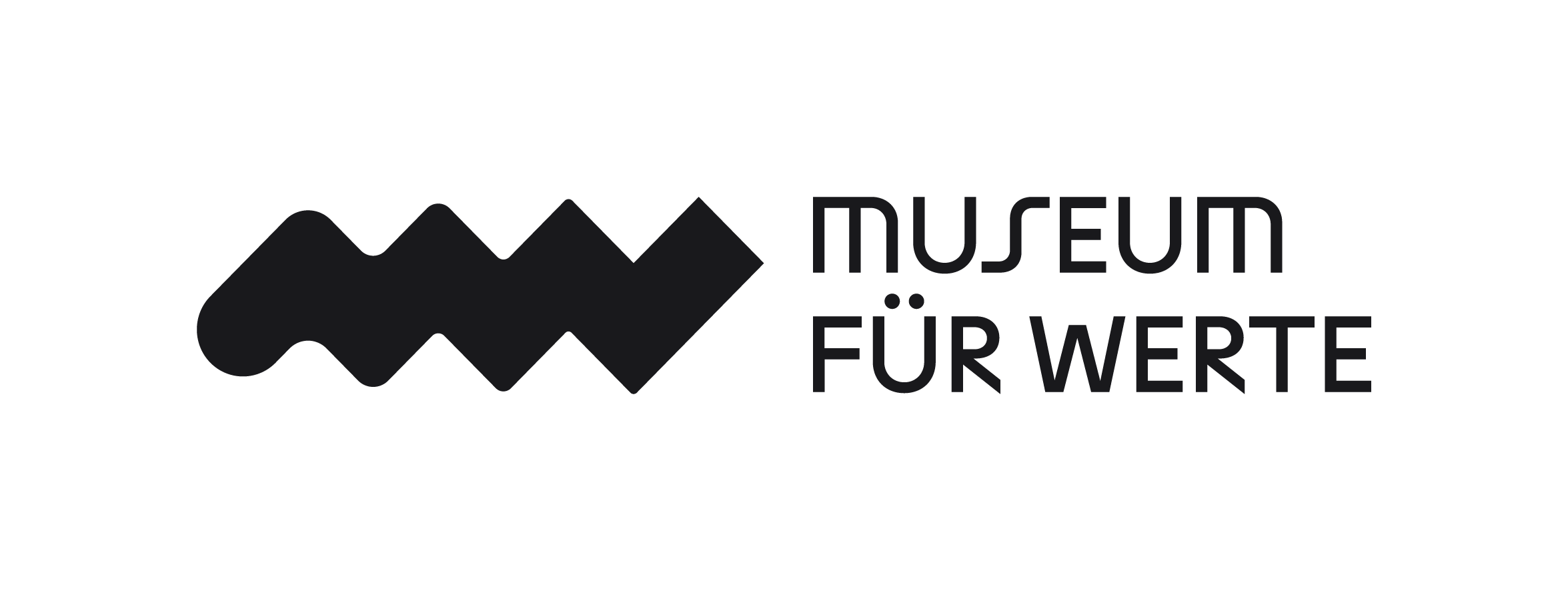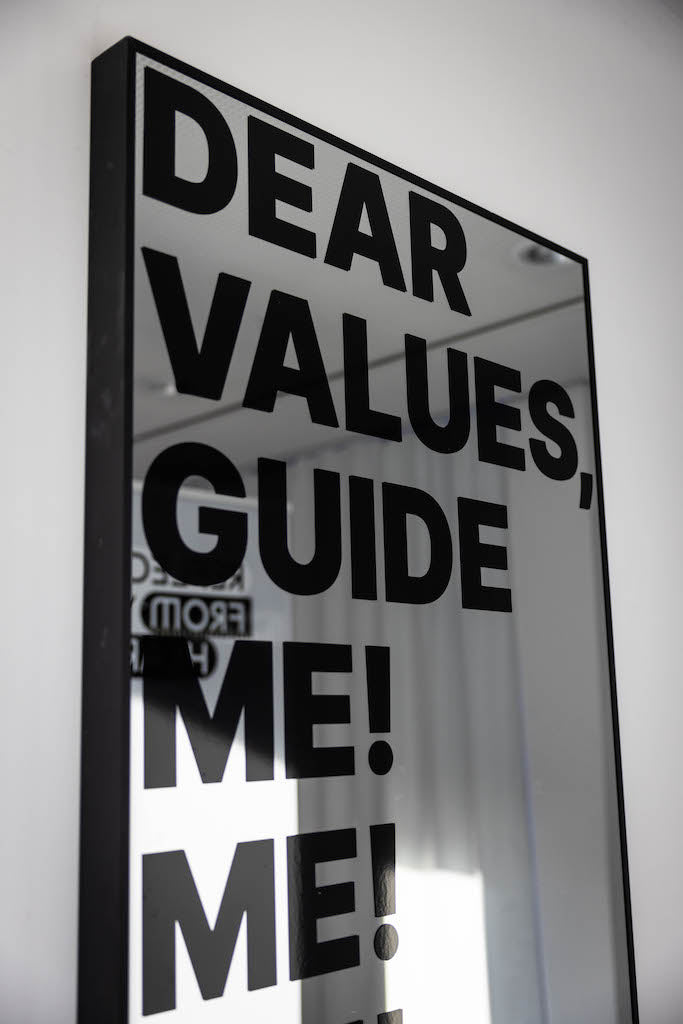Values: What they are, why they are important and how you live them
Values are the invisible operating system of your life. They are the fundamental principles that guide your thoughts, feelings, and actions. Whether you make a decision, maintain a relationship, or live together as a society – our values form the foundation. But what exactly are values?
This article provides a clear definition of values, highlights their immense importance for your life, and explains the difference between them and norms and morals. Using examples, we'll show you how personal values differ from societal ones and how a place like the temporary Museum of Values helps make these abstract concepts tangible.
What are values? A clear definition
The definition of values describes fundamental beliefs, ideals, and qualities that are central to a person or group. They serve as an internal compass that helps you set priorities and distinguish between what is important and what is unimportant. These beliefs are often deeply rooted in our personality and shape our character.
At their core, values answer the question: "What is truly important to me in life?" Your answer forms the basis for your value orientation.
Values and norms: The subtle difference
The terms values and norms are often used synonymously, but there is a crucial difference between values and norms.
- Values are abstract ideals and principles (e.g., justice, freedom). They provide a general direction.
- Norms are concrete, often unwritten rules of behavior that are derived from these values (e.g., "You stand in a queue" as an expression of the value of respect).
Values are the “why” behind the “how” of our actions.
List of values: Concrete examples and their meaning
Every person has an individual list of values, a kind of personal hierarchy of what matters. Here are some universal examples of values that play a role in many cultures:
- Freedom: The desire for self-determination and independence.
- Respect: The recognition and appreciation of other people.
- Security: The need for protection, stability and security.
- Love & Friendship: Deep emotional bonds, trust and care.
- Responsibility: The willingness to take responsibility for oneself and to stand up for one’s own actions.
- Tolerance & openness: The acceptance of other opinions and the willingness to learn new things.
- Joy of life & curiosity: A positive attitude and the urge to discover the world.
- Family & Peace: The appreciation of social connections and inner peace.
This list of values is not exhaustive, but shows the diversity of what can motivate our actions.
The role of ethics, morals and values
Ethics and morals are closely linked to the concept of values.
- Moral values refer to what is considered "good" or "right" within a society.
- Ethics is the philosophical discipline that critically examines these principles. The discussion of morality and ethics helps us understand and question our human values.
- Philosophical values such as truth or beauty are often the basis for these profound considerations of moral philosophy.
The development of values: A lifelong process
Your values aren't set in stone. The development of values is a dynamic process. Values in upbringing lay the initial foundation, but experiences, education, and social changes lead to constant change in values.
Personal values and your individual value hierarchy can shift as you enter new phases of life or face new challenges. Societal values and the values of a group are also constantly changing, which continually redefines the meaning of values in society.
Explaining values and making them tangible: The mission of the pop-up museum
How can such abstract concepts be made tangible? This is where the innovative idea of the Pop-Up Museum for Values comes into play. Instead of being located in a fixed building, it pops up at various locations in Berlin, creating temporary spaces for conveying values.
Through interactive exhibitions, important values such as responsibility, tolerance, and freedom become a personal experience. You can reflect on your core values in life and ask yourself, "What are my values really?" These formats promote value orientation in a way that pure text cannot.
Since the museum isn't always open, every visit becomes a special opportunity. It invites you to reflect on life's big questions and engage in dialogue with others.
Conclusion: Why understanding your values changes your life
Values in life are more than just nice words. They are the driving force behind your decisions, goals, and happiness. A clear awareness of your own values enables you to take responsibility for yourself and live an authentic, fulfilling life.
By examining your personal values, you gain clarity and orientation in a complex world. Exploring values is a journey, and places like the Museum of Values offer an inspiring map.
Keep your eyes open for the next exhibition and discover what really matters to you!




